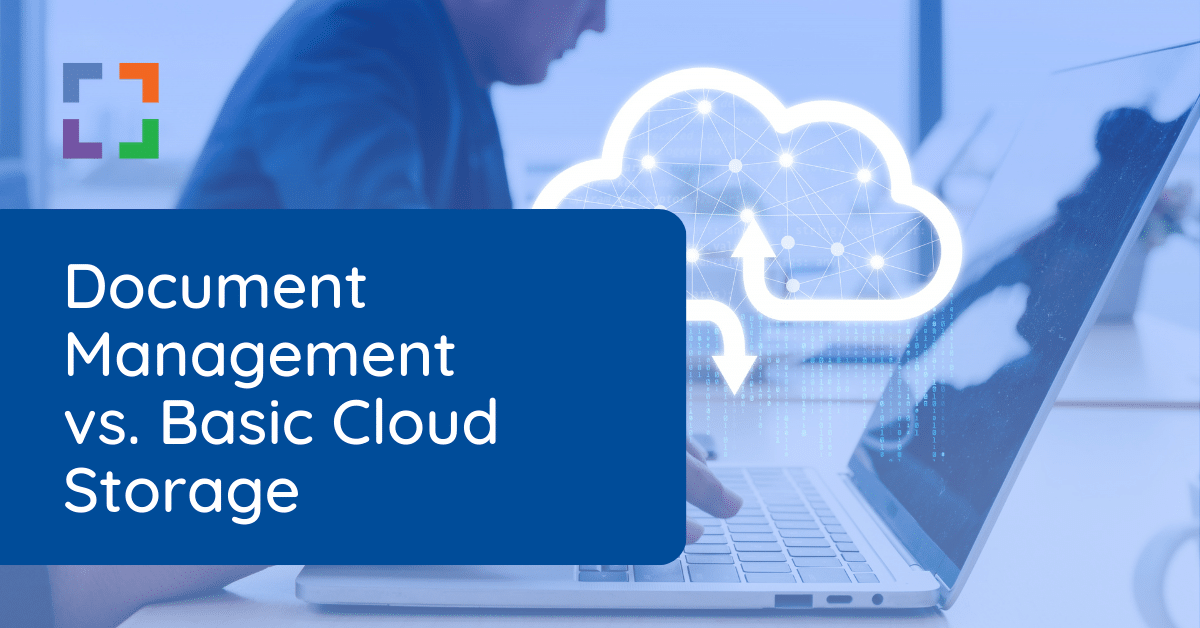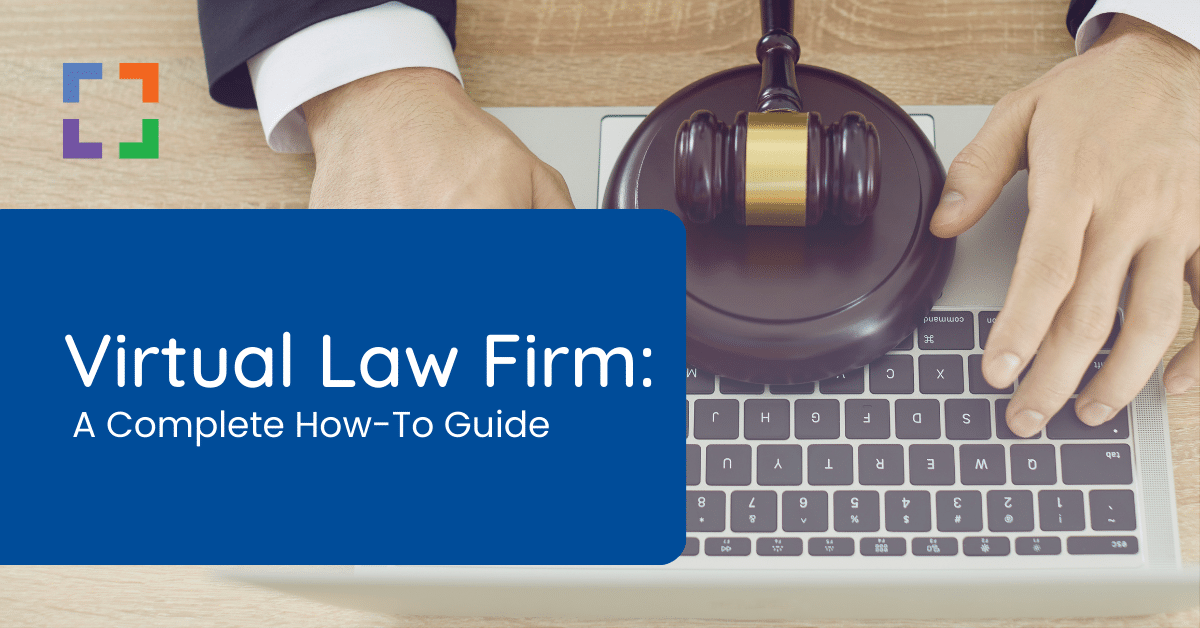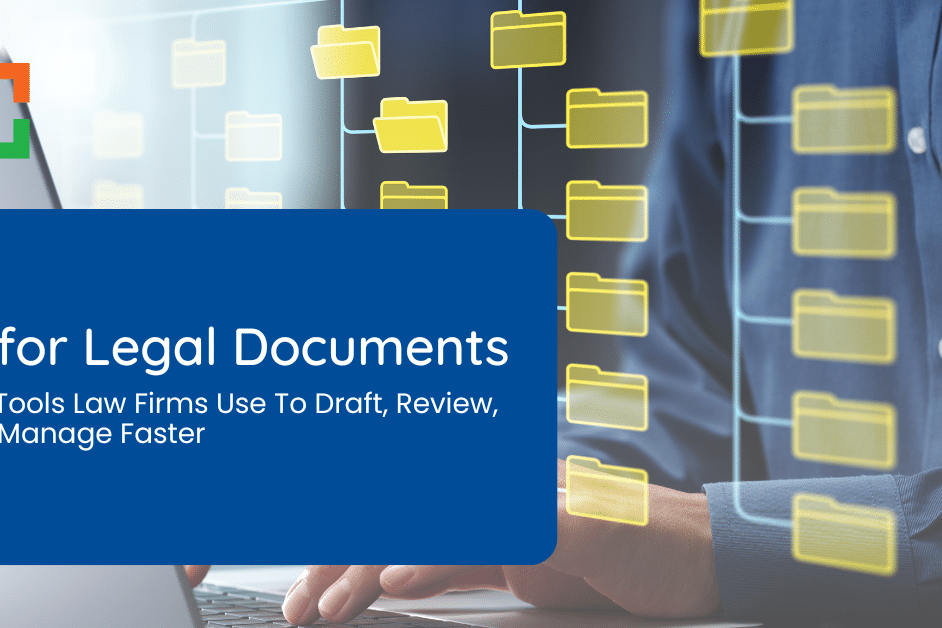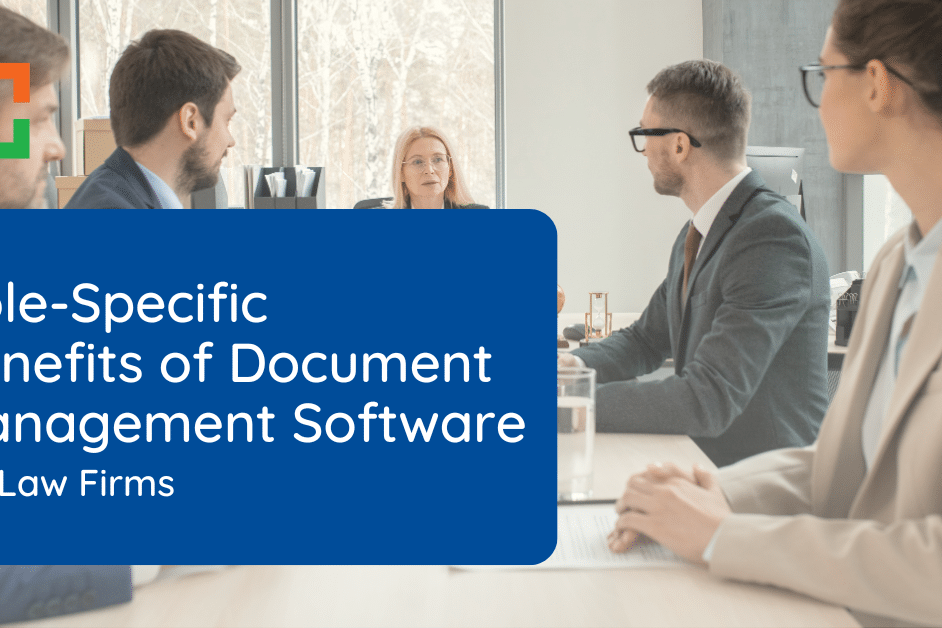Best Legal Document Management Software for 2025 | Buyer’s Guide
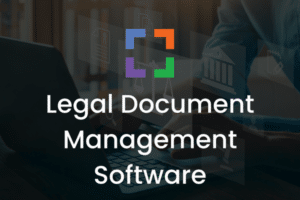
This is an in-depth analysis and review of the best legal document management software available in 2025.
It can be difficult to sift through all of the noise and obtain software that actually fulfills your law firm’s specific needs and desires.
In this article, we assess the top legal DMS products today, based on user feedback and market share, to assist law firms in choosing the best software.
We will first discuss the top legal document management software to choose from. Then, we dive into the knowledge you could use to help make a decision.
For a better conceptual understanding of legal document management software, feel free to skip ahead.
In order to further assist you with choosing the right DMS, we’ve developed our:
Document Management Software Comparison Chart
As you can see from the screenshot, the features you value must align with which companies offer them—since it varies from company to company.
Your job is to use this chart for determining your list of prioritized features. Then, you can deduce which software best suits your firm.
Want to delve deeper into the comparison? Download our full Document Management Software Comparison Chart below.
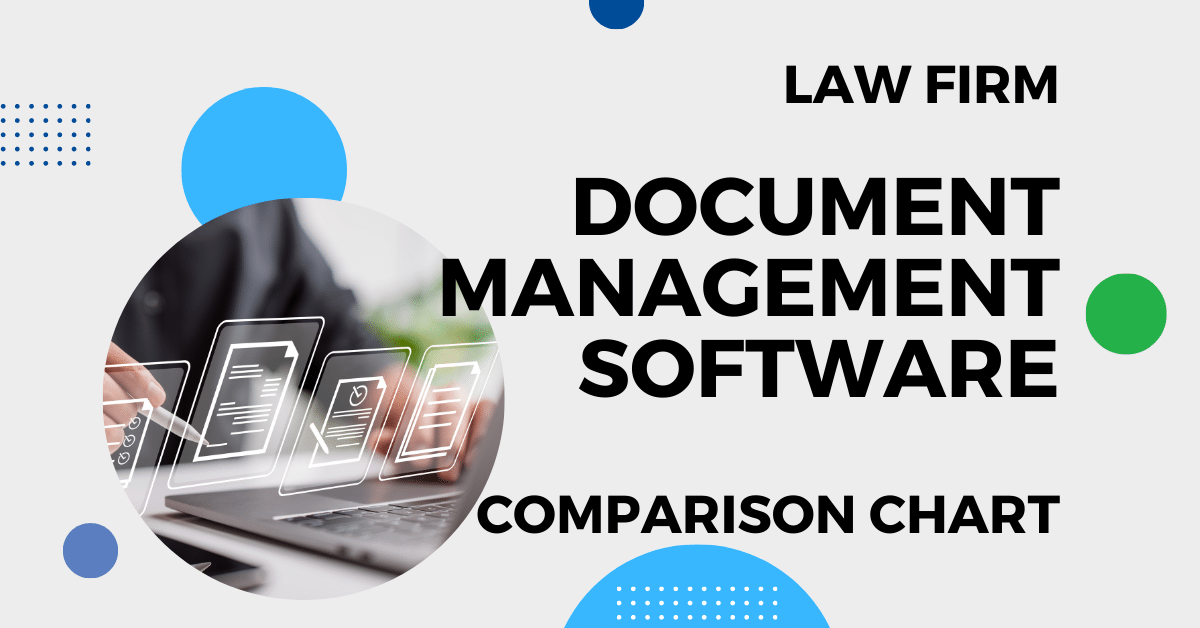
Compare the leading Document Management software used by law firms.
Best Legal DMS - The List
Note: Features and pricing are determined from a combination of our own account and discussions with authorized consultants for these products.
These specificities may change over time.
LexWorkplace

LexWorkplace is legal-centric, cloud-based document and email management software.
Pricing: Starts at $395 / month for a 3-User Plan.
Free Trial: LexWorkplace Offers a Free Trial
- Matter-Centric Organization
Organize documents, email, and notes by client and matter—just like your firm works. - Cross-Platform Compatibility
LexWorkplace runs seamlessly on both Windows and Mac—no workarounds, no virtual desktops. - Integrated Email Management
Save emails directly to a matter from Outlook, keeping correspondence organized and accessible. - Powerful Search
Find exactly what you need with full-text, AI-powered search across documents, email, and matters—instantly. - Enterprise-Grade Security
Protect your data with built-in two-factor authentication, encryption at rest & in transit, and geo-redundant data centers.
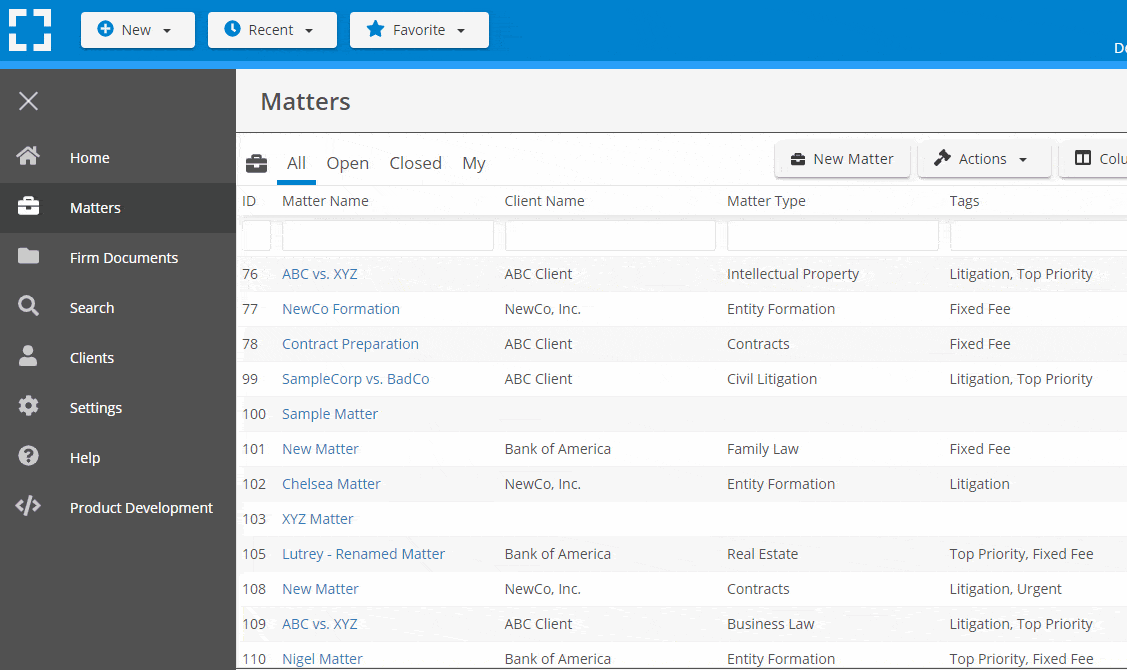
Key Features
- Store Files/Folders
- Secure Sharing
- Full-Text Search
- Version Management
- Profiling/Tagging
- Integrated OCR
- Email Management
- Document AI
- Doc Check-In/Out
- One Click Save-Back
- User Permissions
- Data Encryption
User Feedback
Popular Quality
Users love how robust this cloud-based legal document management software is compared to all other options. They enjoy the ability to search, find, organize, manage, and share files with the assistance of matter-centric organization, document AI, OCR, various integrations, and strong security measures.
Featured Complaint
Some felt like LexWorkplace was not a good fit for solo law firms. With its structure and feature set built for teams, it may feel like overkill for those who need software with only the most essential features.
LexWorkplace Success Story
See how one law firm uses LexWorkplace to organize their documents and streamline their practice.
Book a 15-Minute Demo
iManage Work

iManage Work supports fully cloud-native, on-premise, or hybrid deployments—it’s not strictly server-based.
Pricing: Not Provided by Publisher (Reseller Required)
Free Trial: iManage Does Not Offer a Free Trial
- Robust Software: Powerful DMS and ECM that runs on an on-premise server.
- Hosted Option Available: For an additional monthly fee.
- Full-Text Index Engine: For a powerful search feature.
- Significant Server Infrastructure: Requires servers to run adequately and is best suited for large law firms.
- Implementation: Specialized IT consultant needed to implement and administer iManage.
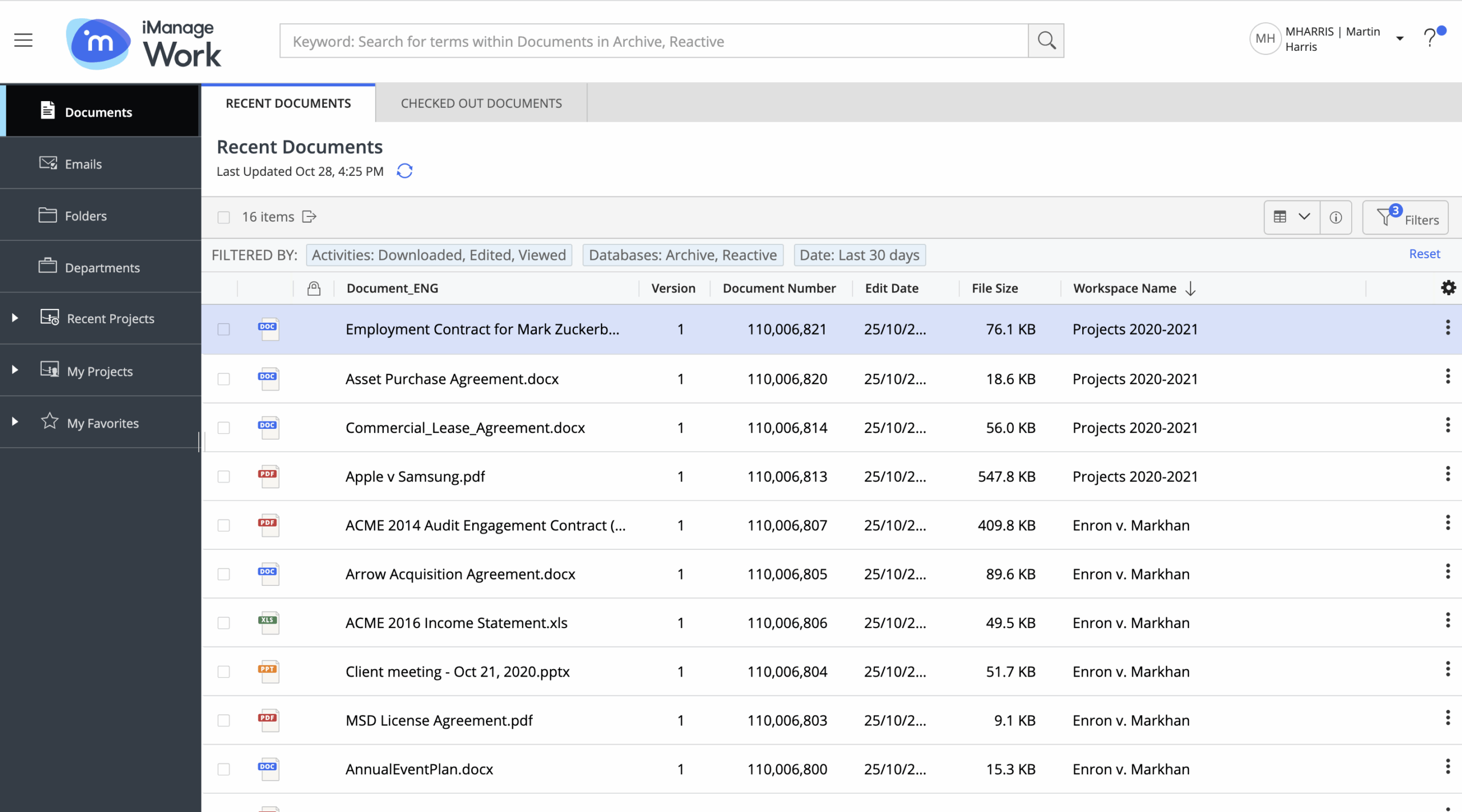
Key Features
- Store Files/Folders
- Full-Text Search
- Version Management
- Profiling/Tagging
- Email Management
- User Permissions
User Feedback
Popular Quality
Users enjoy the powerful search capabilities of iManage and found that once the lengthy setup was complete, iManage worked as expected.
Featured Complaint
Users found iManage to have limited customization and features despite its heavy price tag. This results in excess communication with the support department to address difficulties with the software.
ProLaw

ProLaw is a combination Practice Management, Document Management, and Accounting solution for law firms.
Pricing: Not Provided by Publisher
Free Trial: ProLaw Does Not Offer a Free Trial
- Elite Parent Company: ProLaw is owned by the same parent company as Westlaw legal research.
- Practice Management Software: ProLaw is Practice Management (first), with an optional DMS module.
- All-in-One: While isn't robust as standalone DMS software, it offers various solutions.
- Server-Based: Requires sophisticated servers or a private cloud to run.
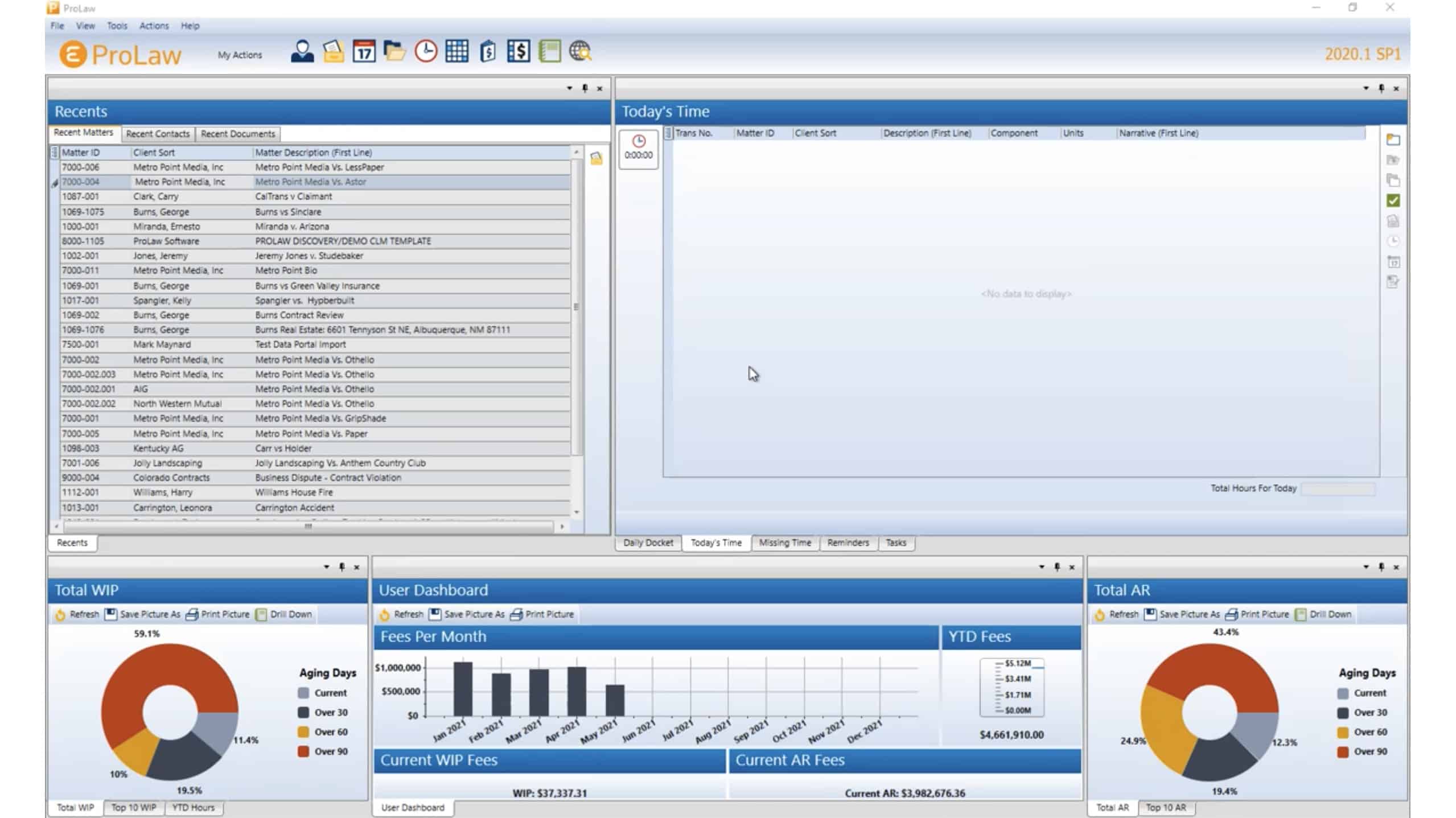
Key Features
- Store Files/Folders
- Full-Text Search
- Version Management
- Profiling/Tagging
- Email Management
- User Permissions
User Feedback
Popular Quality
Users enjoy the one-stop shop approach that ProLaw provides, with both front-office and back-office functionality (i.e. document management + accounting software).
Featured Complaint
Users found this software to be restrictive in how law firms prefer to organize their files due to the lack of customizability and time-consuming nature.
eDOCS
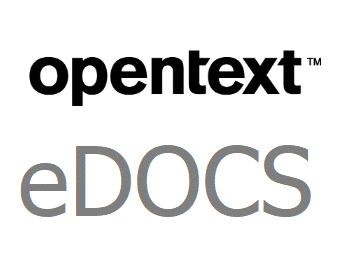
Opentext eDOCS, is a long-time Enterprise Content Management (ECM) system used by a variety of industries, including law firms.
Pricing: Not Provided by Publisher
Free Trial: eDocs Does Not Offer a Free Trial
- Hummingbird: Former name prior to acquisition by OpenText.
- Basic DMS: Includes basic Document Management and Records Management capabilities.
- Popular for In-House: Popular within legal departments of large companies.
- Customizable: Includes a user-customizable tile-based interface.
- Server-Based: Requires onsite servers to run, but can be deployed through a private cloud or hybrid setups.
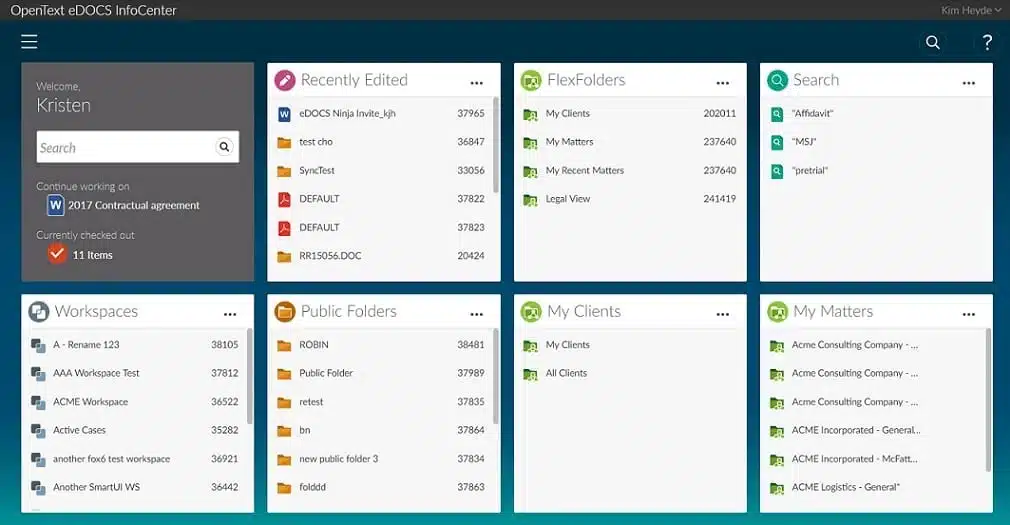
Key Features
- Store Files/Folders
- Version Management
- Document Check-In/Out
- Profiling/Tagging
- Outlook Collaboration
- User Permissions
User Feedback
Popular Quality
Users enjoy the ability to work with files offline and trust the automatic backups that occur when they are connected to the internet. This provides confidence in data recovery and business continuity.
Featured Complaint
Users found the software to have unnecessary complexities in setup, migration, and operation.
Worldox
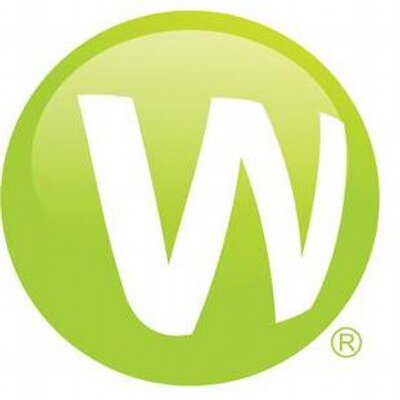
Worldox is long-running legal document management software.
Pricing: $460 / User + $97 / Year Maintenance
Free Trial: Worldox Does Not Offer a Free Trial
- Server-Based: Significant servers required to run Worldox.
- Hosted Option Available: For an additional monthly fee, though this option has recently been sunset.
- Custom Metadata Fields: Must be completed for every document stored.
- "Cabinet" Organization: Organized to represent different departments, teams, or projects within your business.

Key Features
- Store Files/Folders
- Full-Text Search
- Version Management
- Profiling/Tagging
- Email Management
- User Permissions
User Feedback
Popular Quality
Users enjoy the robustness of Worldox, which offers efficient search and organization.
Featured Complaint
Users disliked the user experience of Worldox, with some stating that it feels "old and slow." This means that despite its functionality, the user finds the software difficult to use and inefficient for daily workflows.
 As Worldox Phases Out, Consider LexWorkplace, like this Reviewer:
As Worldox Phases Out, Consider LexWorkplace, like this Reviewer:
“Best replacement for Worldox out there. From the moment I reached out, until just moments ago when I was asked how everything was going, it’s been wonderful. Everyone is invested in making LexWorkplace the best DMS out there.“– Kathleen N. via Capterra
NetDocuments

NetDocuments was among the first cloud-based document management applications.
Pricing: $50 to $65 / User, 3 or 5 User Minimum
Free Trial: NetDocuments Does Not Offer a Free Trial
- Not Industry Specific: Used by a variety of industries, including legal, financial services, and manufacturing.
- Web-Based: No on-premise server nor software installation required.
- Includes ndOffice: Its software for Microsoft Office integration.
- Limited Mac Compatibility: ndOffice only runs on Windows. Mac users often rely on browser access or third-party tools like ndClick or ndSync.
- Assisted Implementation Required: Requires a third-party consultant/reseller.

Key Features
- Store Files/Folders
- Full-Text Search
- Version Management
- Profiling/Tagging
- Email Management
- User Permissions
User Feedback
Popular Quality
Users enjoy this cloud-based DMS' ability to organize documents in a secure, convenient way.
Popular Quality
Users found NetDocuments to be clunky, unintuitive, and difficult to learn and use.
SharePoint
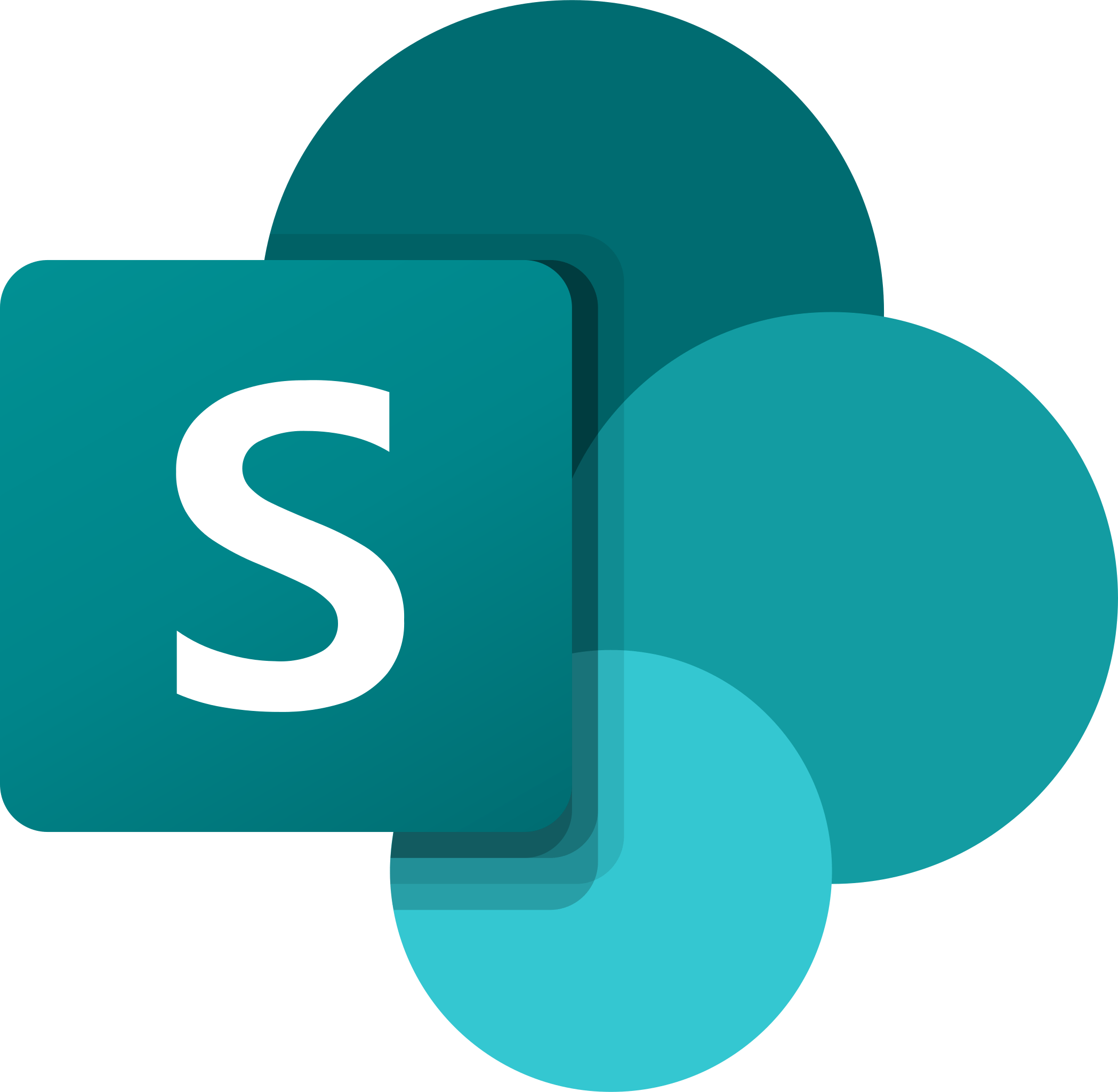
SharePoint is Microsoft’s Document Management and Intranet platform.
Pricing: SharePoint’s basic offering starts at $5 / User / Month
Free Trial: SharePoint Does Offer a Free Trial for certain plans
- Optional Element: Offered as part of the Microsoft 365 productivity suite.
- Cloud-Based Intranet: Provides a company portal and lightweight Document Management System that can be used by any industry.
- Organization: Create lists (database tables) and libraries (document repositories).
- Customizable: Allows you to create database tables, lists, and document repositories that fit your business.
- Not Legal-Centric: Not configured for law firms or structured by client or matter out of the box, and therefore requires significant customization by an expert to be useful.
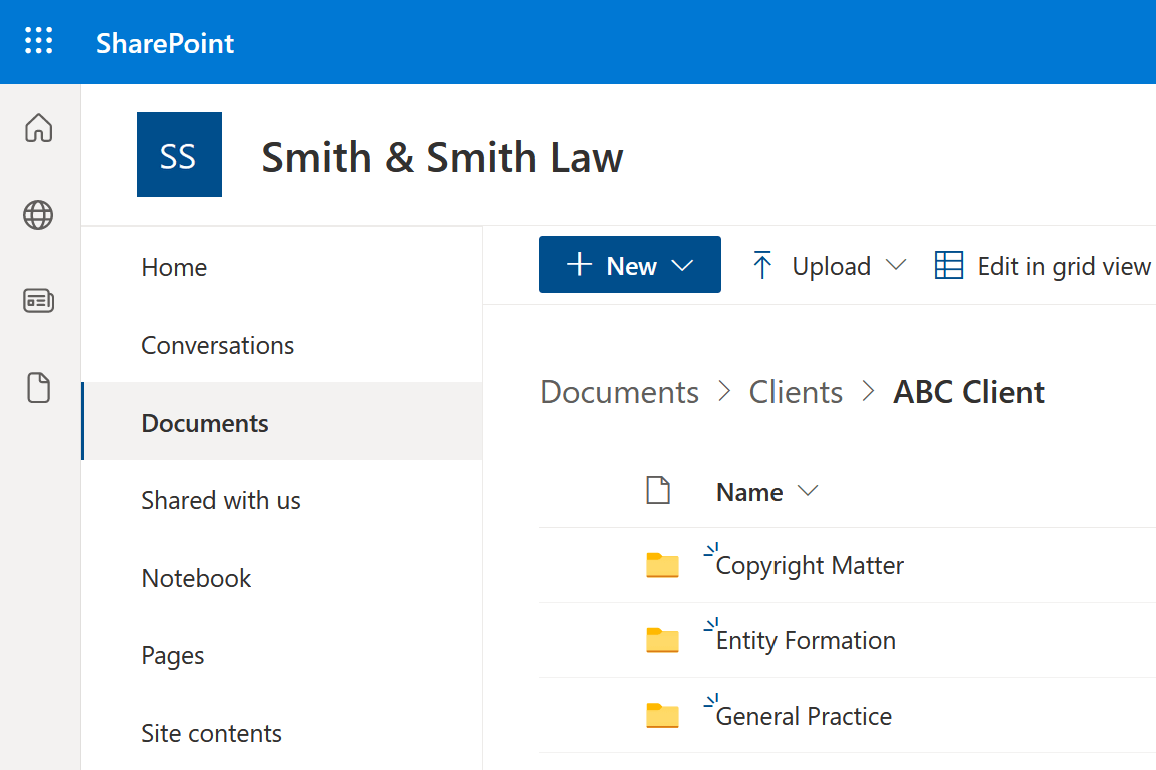
Key Features
- Store Files/Folders
- Full-Text Search
- Version Management
- Profiling/Tagging
- Email Management
- User Permissions
User Feedback
Popular Quality
The most common pro SharePoint offers is the ease of sharing and collaboration.
Featured Complaint
Users disliked the learning curve required to effectively utilize SharePoint. It was found to be unintuitive and insufficient for law firms' specific requirements and desires.
Filevine

Filevine is a customizable cloud-based case and document management platform.
Pricing: Must contact Filevine for pricing.
Free Trial: Filevine Does Offer a Free Trial
- Matter-Centric Storage: Files are tied to cases with filtering, OCR, and unlimited storage.
- Highly Customizable: Can be shaped into a more DMS-like experience with configuration.
- No True Version Control: Lacks native document version history and structured foldering.
- Complex Setup Required: Document workflows require significant customization and training.
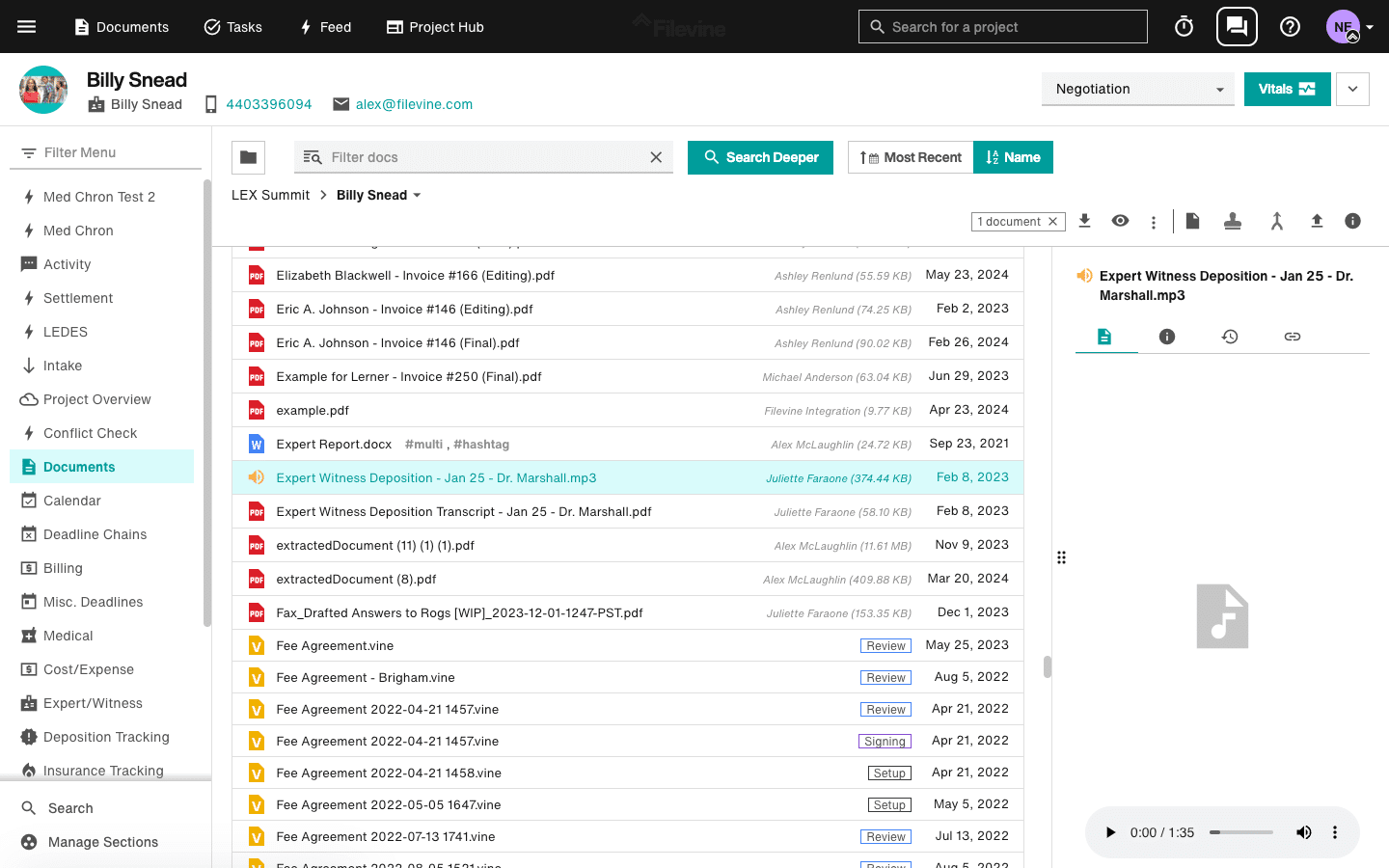
Key Features
- Case Management
- Essential DMS Features
- Task Automation
- Email & Text Integration
- Custom Reporting
- Legal AI Tools
User Feedback
Popular Quality
Users enjoyed the tagging and profiling of OpenKM, as well as the lack of downtime over the course of using this software.
Featured Complaint
Users felt that OpenKM lacked feature continuity throughout the software, leading to confusion and various errors depending on where in the software you are trying to operate.
A Deep Dive into Legal Document Management
Do you feel like you’re having trouble figuring out how to evaluate document management software?
The following information is dedicated to educating law firms on the various aspects of document management, so you’ll have a complete picture when choosing the best DMS for your law firm.
I recommend read through the guide and then returning to the products above to make your informed decision.
Overview of Legal Document Management Software
Additional Information
Who This Overview is For
As you saw, there are more than a few options when it comes to legal document management. There are old products and new products. Premise-based solutions and cloud-based products.
This article is for law firm owners, managers, and administrators that feel “there must be a better way” when it comes to managing the firm’s growing set of documents, email, and other content.
This includes:
- Law firms looking for a better organization on-premise file servers or the S: Drive.
- Law firms who require more features than found in basic cloud storage solutions.
- Law firms looking to upgrade from their old, legacy or dinosaur DMS.
- Law firms who desire a true DMS instead of practice management software with DMS features.
- Law firms who value clients' data and doubt their document storage security.
Any of these sound familiar or applicable? If so, we have you covered.
The following video provides an overview and additional resources for the best legal document management software in 2025, led by Dennis Dimka, CEO of Uptime Legal.
Want to Learn More about Document Management Software?
Get in Touch!
Defining Legal Document Management Software
Many types of software and services are casually referred to as “document management” but aren’t.
Legal document management software not only stores your law firm’s documents but ought to provide a comprehensive set of tools to organize, manage, and promptly find your documents.
Here are some corrections to common misconceptions about legal document management software:
- Basic cloud storage, like OneDrive, Google Drive, and Dropbox, is not a Document Management System.
- Your on-premise file server (i.e.: The S: Drive) is not a Document Management System.
- Practice Management applications that include basic file storage are not Document Management Systems.
Semantics don’t matter but functionality does.
We’ll further define what makes a DMS a DMS below in Document Management Features.
Legal Document Management Software - Related Resources
Related – Best Legal Billing Software: Learn about your options for managing clients while generating invoices, reports, and more.
Related – Document Management Software vs. Basic Cloud Storage: Learn the differences between cloud storage and true Document Management.
Related – Best Law Firm Software: See our comprehensive list of the best software for law firms, by category.
Why Law Firms Should Use Document Management Software
Document management software is a tool that allows users to easily store, organize, and retrieve electronic documents.
It offers a variety of features, including the ability to search for documents using keywords, categorize documents by client or case, and even set up automatic reminders for important deadlines. To dig into this, check out our article on Document Management System Benefits.
For now, let’s discuss some of the core reasons for why law firms should implement a true Document Management System:
- Increased efficiency and productivity: Document management software allows staff members to quickly and easily search for and retrieve documents.
- Improved security: Document Management Security offers numerous advanced features such as encryption and user-level access controls, reducing the risk of data breaches.
- Compliance with regulations and industry standards: Meet requirements and standards, such as HIPAA and the GDPR, to reduce the risk of legal penalties and fines.
- Cost savings: Reduce printing and storage costs while decreasing the need for additional staff members to handle document management tasks, saving the firm labor costs.
- Improved organization and document classification: Easy organization and classification of documents by client or case, improving collaboration and saving time.
Legal Document Management Features
Document management software can come in either an on-premise variety (installed on your own local servers) or can be cloud-based.
The scope, features, and capabilities of any given legal document management software varies from product to product; though broadly speaking, DMS software should perform the following functions (if they don’t, consider whether you can live without it):
Document & File Storage
The basic storage of documents and other types of electronic files.
Document Profiling/Metadata
Document classifications, types and tags, as well as the ability to apply internal notes to documents.
Matter Notes
The ability to create and save Matter Notes within the DMS software.
Full-Text Search
The ability to search across all documents (and sometimes email), including the file name, metadata and content of documents.
Unique Document ID
Every document is assigned a unique ID, which does not change even if the file name or location of the document does.
Document Check-Out/In
The ability to check a document out, prohibiting others from changing it while the document is checked out to you.
Permissions & Access Management
The ability to permit (or restrict) access to particular matters or data within your firm.
Microsoft Office Integration
Direct integration with the Office suite, typically including Microsoft Word and Outlook.
Document Version Management
The automatic creation and tracking of versions of documents as they are changed.
Email Management
The ability to easily save email messages to a matter, typically via an Outlook add-in or email integration.
Learn more about Email Management for Law Firms.
Favorite & Recent Documents
Quick and easy access to recently accessed documents, as well as the ability to "pin" documents as a favorite.
The following features are more sophisticated and are typically found in more evolved document management systems, like LexWorkplace:
Document AI
Summarize complex documents. Ask questions about the contents or subject matter of a document.
Automatic, Integrated OCR
The ability to convert scanned document images into searchable, text-based PDFs.
Compare Documents
Compare two documents (or versions) inline, without leaving the app.
Full Windows & Mac OS Compatibility
Native Windows and Mac support, without the need for virtualization software (such as Parallels).
Practice Management Integration
Integration with your chosen Law Practice Management software such as Clio Manage.
Geographic Data Redundancy
Automatic replication/backup of your data to geographically redundant data centers.
End-to-End Data Encryption
Full encryption of your data in-transit and at-rest, adding enhanced security and compliance.
Multi-Factor Authentication
MFA, requiring a second factor to log into the system, enhancing security and compliance.
If you want to dive deeper, check out our article on Document Management System Features.
Related: Law Practice Management Software
Many Practice Management applications describe “document management” as among the features their software provides.
You’ll often see “Document Management” listed as a feature, when really the Practice Management software includes functionality more akin to basic cloud storage (like Dropbox or Google Drive), rather than true legal document management software capabilities.
When Do You Need Legal Document Management Software?
- Your documents are scattered across multiple systems
(e.g., file servers, OneDrive, case management software) - Your folder structure is disorganized or inconsistent
(e.g., no enforced naming conventions or matter hierarchy) - You need to classify or annotate documents
(e.g., apply document types, statuses, or internal notes) - You’re transitioning to a paperless law firm
(e.g., digitizing documents and needing a central system) - You need robust, full-text search across all data
(e.g., documents, metadata, email, and notes)
Bring Law and Order to Your Documents
LexWorkplace Includes:
- Document Profiling / Metadata
- Structured by Client/Matter
- Organize With Folders and Tags
- Save Emails to Matters
- Built-In Version Management
- Add Notes to Docs & Email
- Automatic, Integrated OCR
How to Evaluate Legal Document Management Software
Once you’ve determined that your law firm needs Document Management software, the next step is to develop a shortlist of candidates to evaluate.
Here’s how to evaluate Document Management Systems for your law firm.
TLDR: Here are the highlights:
- Document Management Software must be truly matter-centric, not just a basic file linking system.
- Cloud-based SaaS solutions offer flexibility and lower infrastructure costs but may lack advanced features.
- OCR (Optical Character Recognition) is critical for making scanned documents searchable and improving efficiency.
- User adoption is the biggest challenge; software must be easy to use and not overly complex.
- Good DMS should serve the firm’s processes, not force the firm to adapt to the software.
- Migration and training are crucial and require vendor accountability to ensure successful implementation.
- DMS is very different from simple cloud storage solutions like Dropbox or Google Drive—it offers advanced indexing, metadata, and search capabilities essential for legal work.
Part of this process of evaluation is reading case studies provided by your top contenders.
Document Management Case Studies serve the purpose of displaying a company’s success through their clients’ success.
Why You Should Choose Cloud-Based Legal Document Management
While this article compares all legal DMS strategies objectively, the reality is: most law firms are better off in the cloud.
Over the past several years, firms that have moved away from traditional, server-based systems have seen measurable gains in productivity, efficiency, and security.
Cloud-based legal document management software is more than just convenient—it’s transformational. It helps firms work smarter, stay organized, and reduce IT headaches. Here are the core benefits:
Top Benefits of Cloud-Based Legal Document Management
Data Security
Encryption at rest and in transit, MFA, access controls, and geographically redundant backups—all managed for you, out of the box.
Work Anywhere
Your entire firm can access documents securely from anywhere—ideal for hybrid teams and virtual firms.
Related Video:
Law Firms: Why You’re Struggling to Work from Home
As you start to appreciate and even enjoy working from home, or anywhere else, another opportunity opens up for you.
Virtual Law Firms are more viable than ever before.
With the correct software and technology strategy, you can enjoy benefits such as flexibility, cost-effectiveness, and overall happiness for your firm and your clients.
Related – Virtual Law Firm: A Complete Guide
Explore the possibilities of a Virtual Law Firm – the why and how.
Reduced Risk of Data Loss
No more depending on fragile local backups. Cloud systems store your data across multiple data centers for built-in protection.
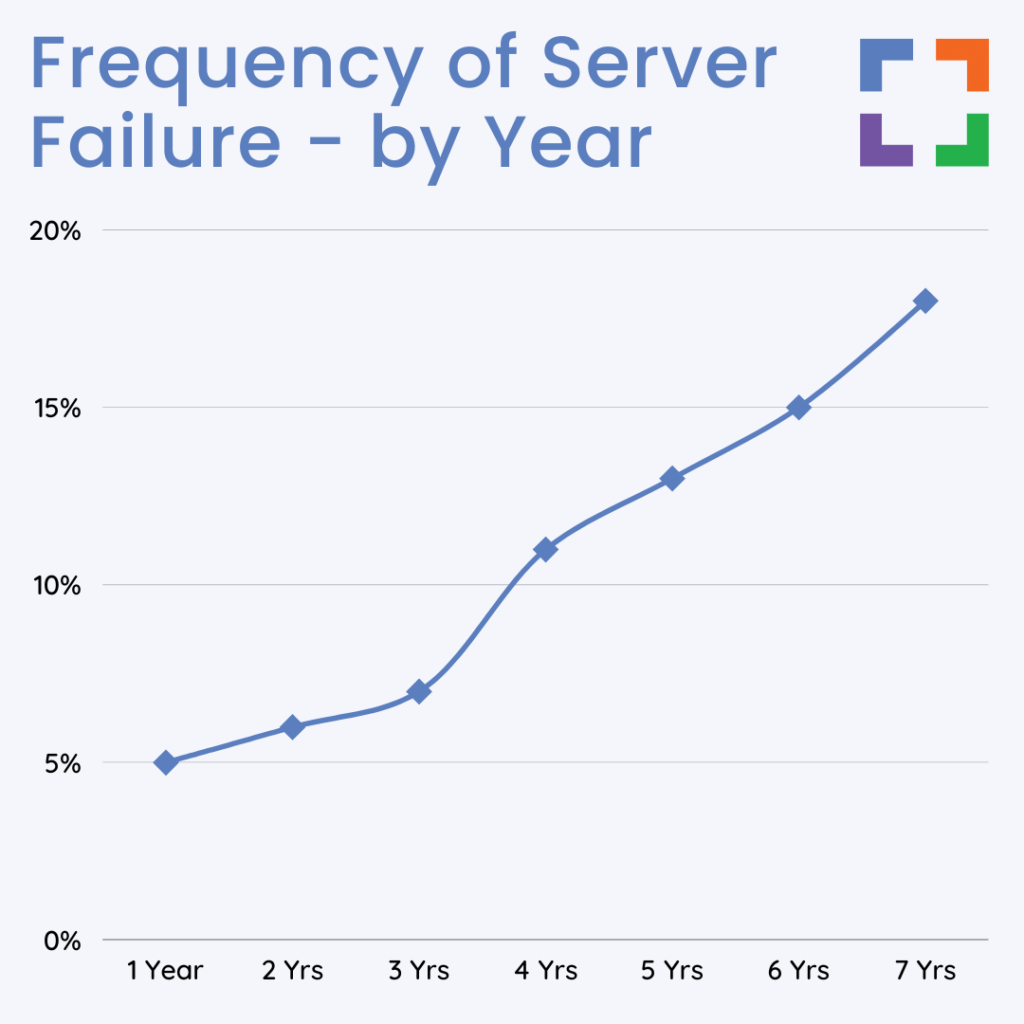
Lower IT Costs
No servers to buy, maintain, or troubleshoot. Cloud platforms remove the burden of infrastructure and routine IT intervention.
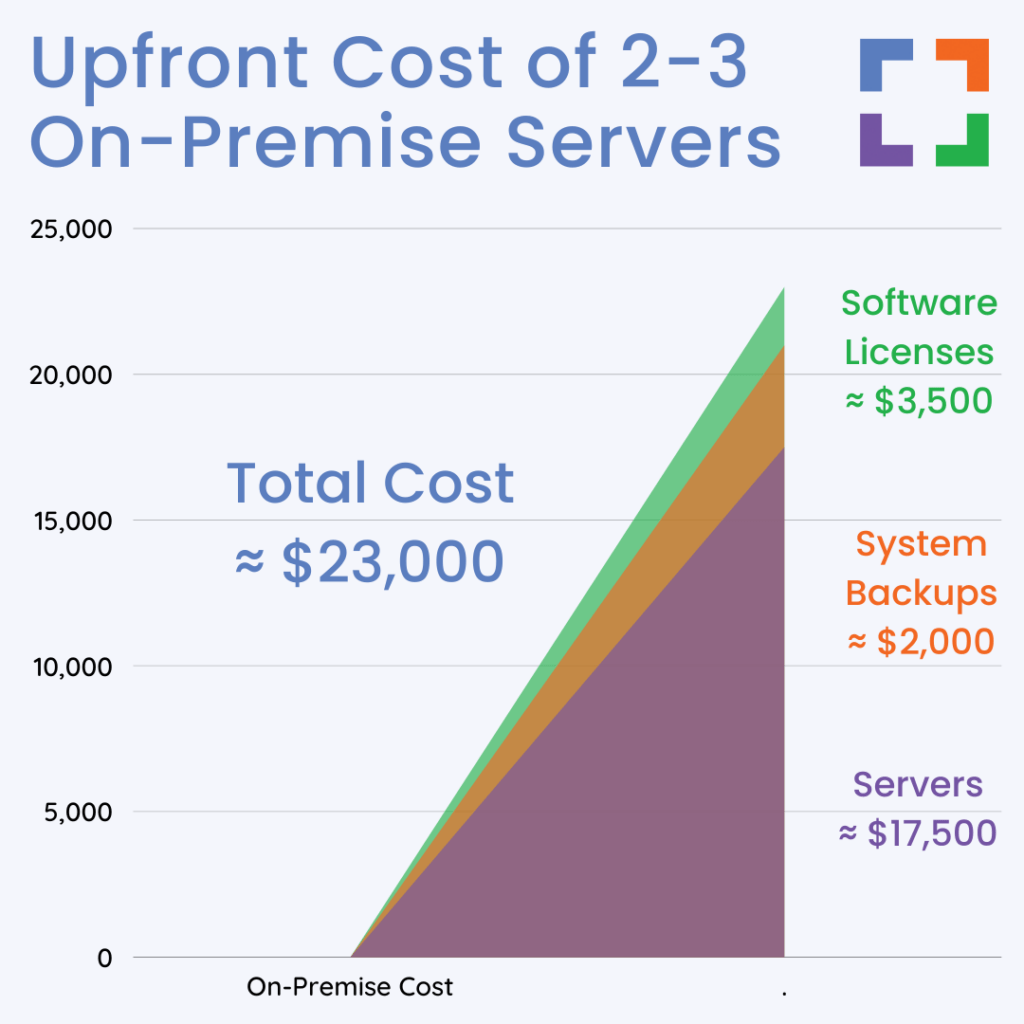
Email + Document Management in One Place
Save emails directly to matters from Outlook. Keep related docs and communications together, searchable and organized.
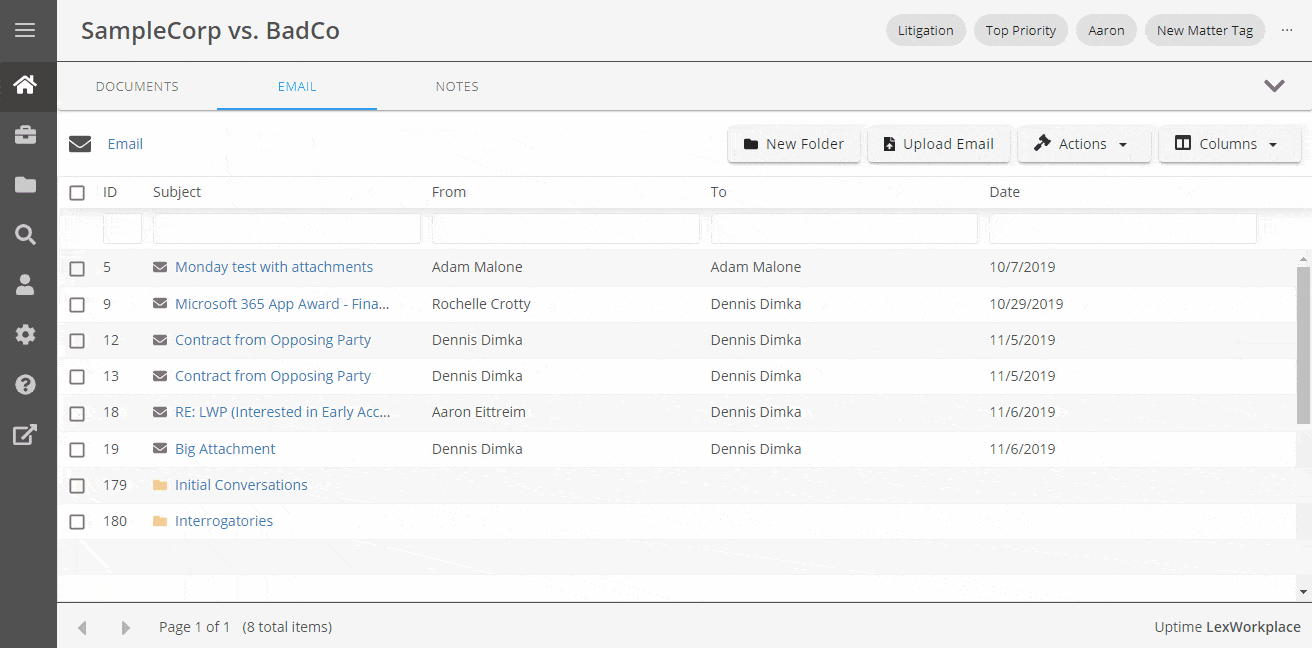
Automatic Updates
No more manual installs or downtime for updates. New features and fixes happen automatically.
Scalability
Add storage or users as needed, without expensive hardware upgrades. Pay only for what you use.
Closing the Loop
We hope you found this guide on finding the right document management system for small law firms helpful. If you have any questions, would love some guidance, or want to talk through your options, please feel free contact us.
Related – 12 Ways LexWorkplace Will Help Your Firm Do More with Less
See 12 ways LexWorkplace will streamline your law office.
Frequently Asked Questions - Legal Document Management Software
Legal DMS software organizes, stores, and secures law firm documents and email. Unlike general file storage, it’s built for matter-based organization, compliance, and legal workflows—making it essential for modern firms.
A true DMS includes version control, document profiling, email integration, advanced search, and compliance features. Google Drive and Dropbox lack the structure and security law firms require.
Cloud DMS eliminates server maintenance, reduces IT costs, enables remote work, and offers built-in security. It’s scalable, automatically updated, and far more resilient to data loss than a local file server.
Top cloud DMS platforms use bank-grade encryption, multi-factor authentication, role-based access controls, and redundant backups—providing stronger protection than most law firms’ in-house systems.
Yes. Leading platforms integrate with Outlook, allowing you to save emails directly to matters—keeping all documents and communications organized and searchable in one place.
Cloud DMS systems give your team real-time access to shared files, regardless of location. Permissions and version history ensure secure collaboration without overwriting or data loss.
Matter-centric organization, full-text and metadata search, version control, Outlook integration, document tagging, audit trails, and secure external sharing are must-haves for law firms.
If your files are scattered, your folder structure is disorganized, you’re relying on hard copies or manual backups, or your team struggles to find documents—it’s time to upgrade to a real DMS.
Top solutions include NetDocuments, iManage, LexWorkplace, Filevine (limited), and MyCase (limited). Only some of these are true DMS platforms; others are practice management tools with basic DMS features.
Yes. You can add users, storage, and features without expensive infrastructure upgrades—making cloud DMS a flexible solution for firms of any size.
Looking for Document Management Software?
LexWorkplace:
Modern Document Management for Law Firms
LexWorkplace is document & email management software, born in the cloud and built for law firms. Here’s a quick primer on how it works, or get your free trial to discover LexWorkplace for yourself.
Organize by Client & Matter
Organize documents, email and notes by client or matter. Store and manage all data for a case or project in one place.

Go Beyond Basic Files & Folders
Supercharge your firm’s productivity with true DMS functions.
- Version Management
- Document Tagging & Profiling
- Document Check-Out / Check-In
- Microsoft Office Integration
- Automatic, Integrated OCR
- Convert Word Docs to PDF
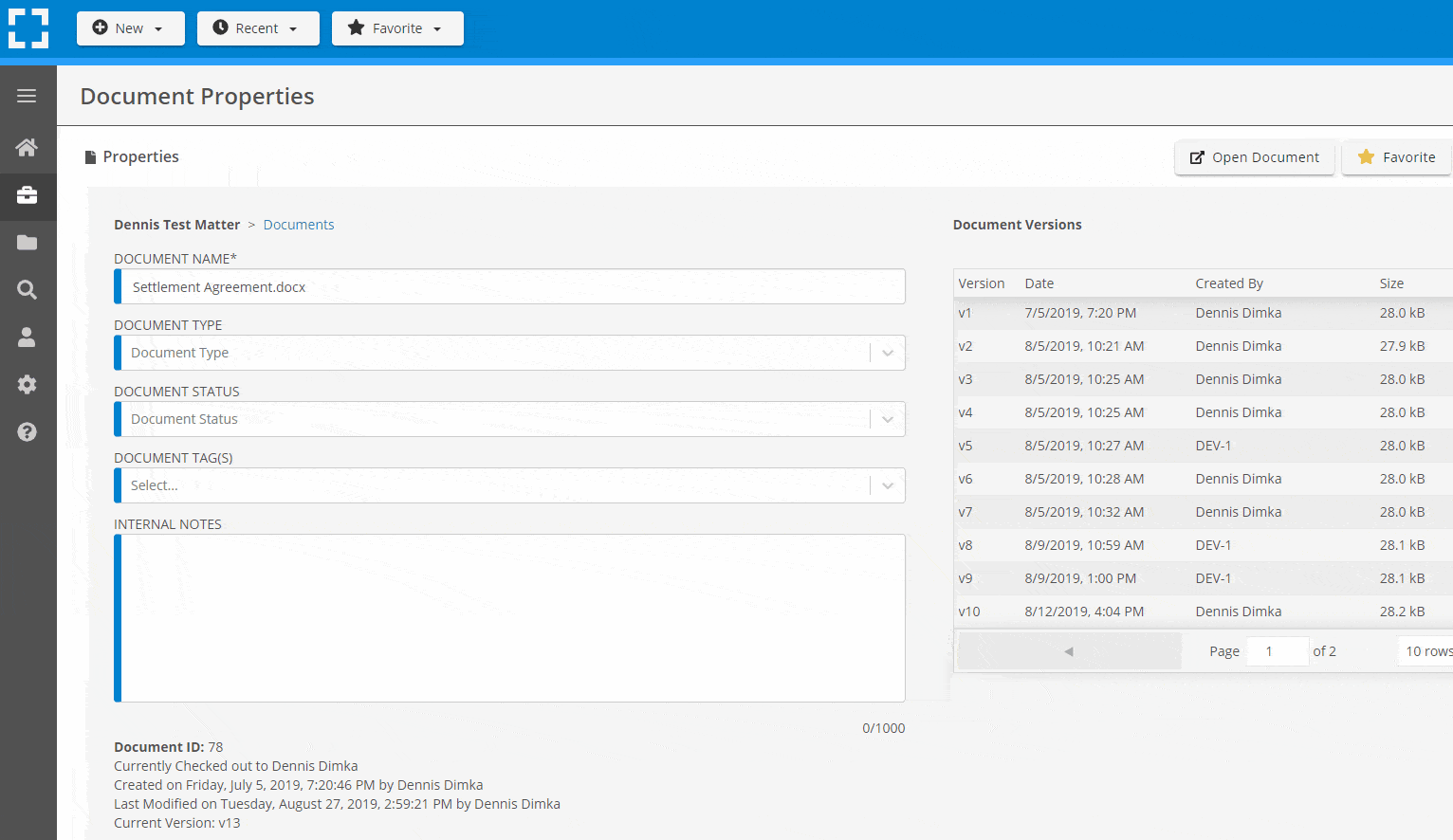
Search Everything
LexWorkplace is like Google for your law firm. Search across millions of pages, documents, folder email and notes in seconds. Refine your search by matter, document type, author and more.
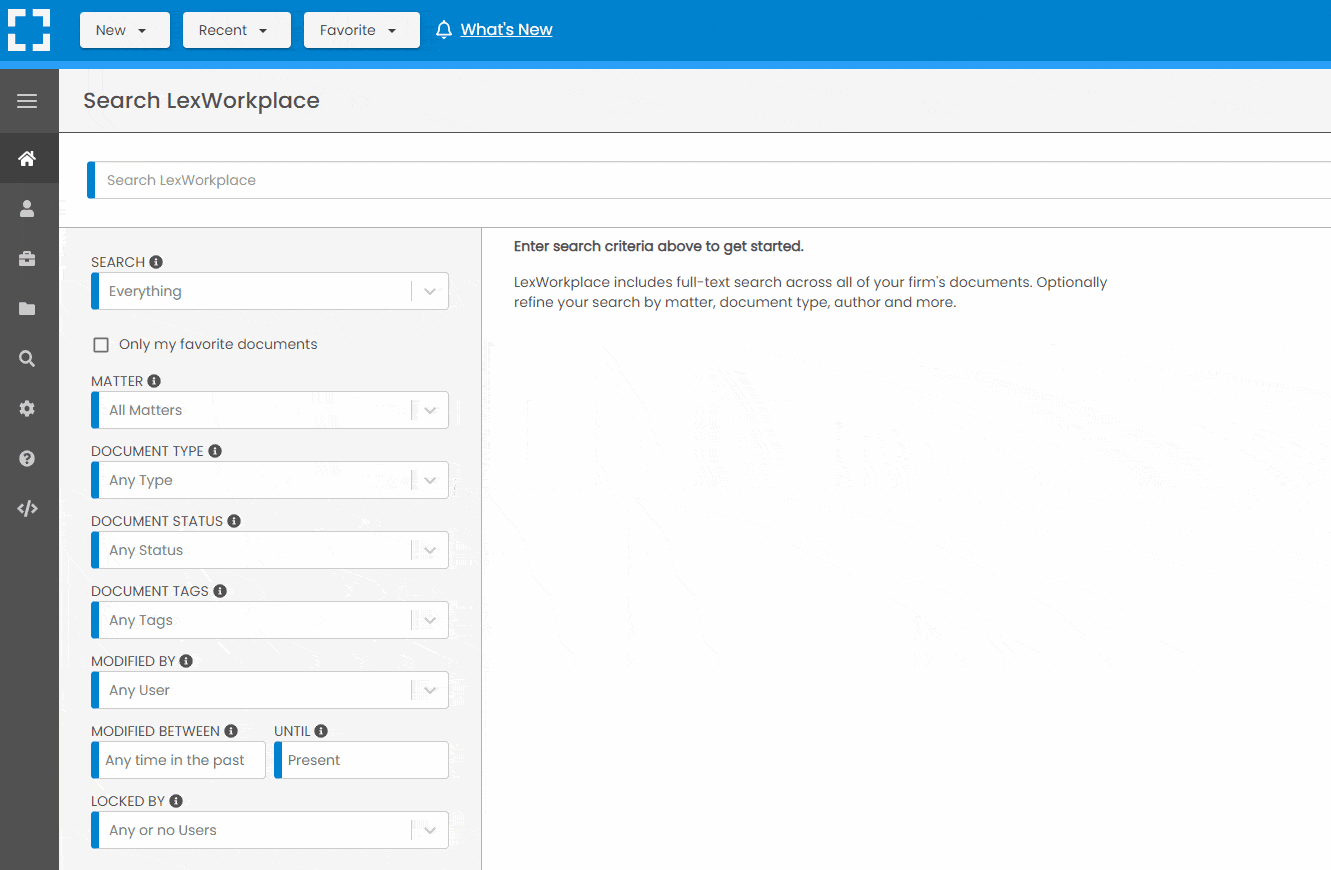
Search by…
- Client or Matter
- Document Type (Contract, Complaint, Order, etc.)
- Document Status (Draft, Final, etc.)
- Document Tags (Filed With Court, Fully Executed, etc.)
Outlook Integration + Comprehensive Email Management
Save emails to a matter without leaving Outlook. Saved emails are accessible to your entire team, organized and searchable.
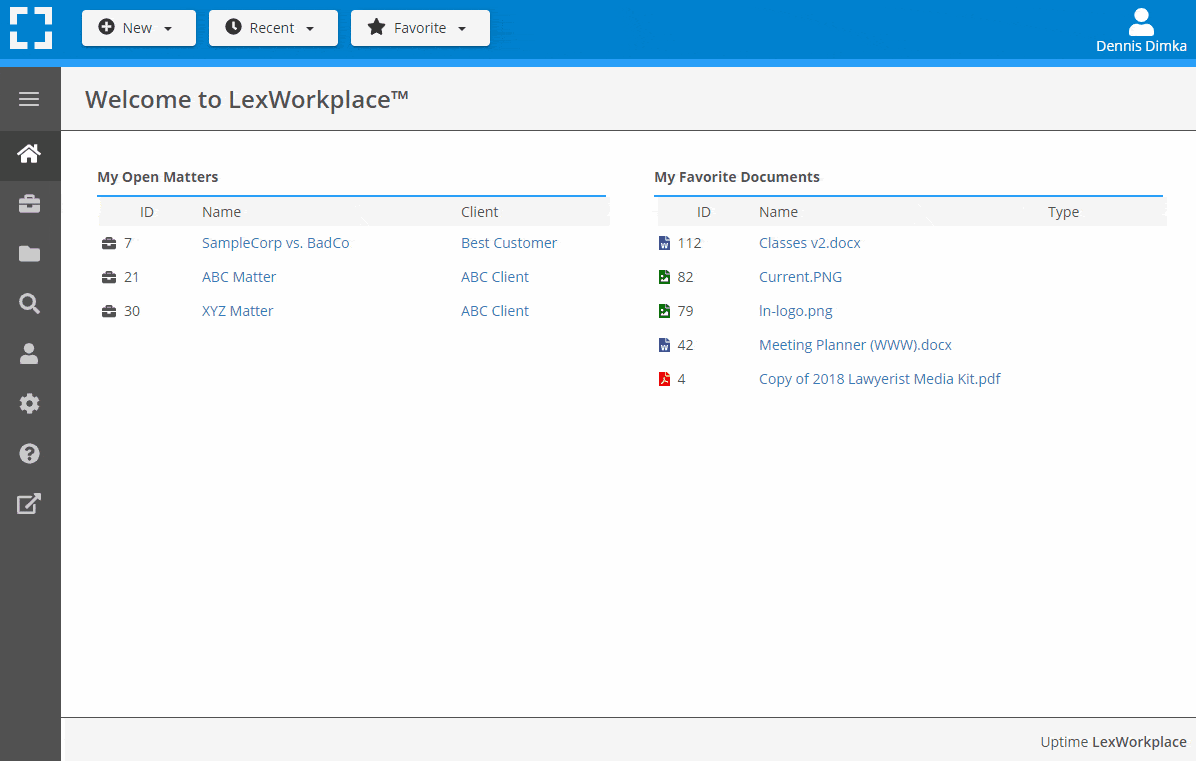
- Outlook Add-In that Works With Windows and Macs
- Save Entire, Original Email to a Matter in a LexWorkplace
- Email De-Duplication
- Organize Emails into Folders, Subfolders
Works with Windows and Macs
All of LexWorkplace is compatible with both Windows and Mac computers.
Next Steps
See What Clients Have to Say
Lawyers love LexWorkplace. See how the system streamlined one lawyer’s practice.
Watch the 5-Minute Demo
See LexWorkplace in action in our quick 5-minute overview and demonstration.
Or, if you want a one-on-one demo, or want to talk about LexWorkplace for your firm, schedule a call or demo below.
Highlights
📁 Document Management Software must be truly matter-centric, not just a basic file linking system.
☁️ Cloud-based SaaS solutions offer flexibility and lower infrastructure costs but may lack advanced features.
🔍 OCR (Optical Character Recognition) is critical for making scanned documents searchable and improving efficiency.
🧑💼 User adoption is the biggest challenge; software must be easy to use and not overly complex.
⚖️ Good DMS should serve the firm’s processes, not force the firm to adapt to the software.
🔄 Migration and training are crucial and require vendor accountability to ensure successful implementation.
💡 DMS is very different from simple cloud storage solutions like Dropbox or Google Drive—it offers advanced indexing, metadata, and search capabilities essential for legal work.
You Might Also Like
August 19, 2025
AI for Legal Documents: Top Tools Law Firms Use To Draft, Review, and Manage Faster
Struggling with slow legal document…
August 12, 2025
Why Law Firms Can’t Afford to Delay DMS Migration — And How to Switch Smoothly
Tired of costly, stressful tech…
June 23, 2025
Role-Specific Benefits of Document Management Software for Law Firms
Legal document management software…
Want More Legal Technology Tips?
Subscribe to Uptime Legal to get the latest legal tech tips and trends, delivered to your inbox weekly.
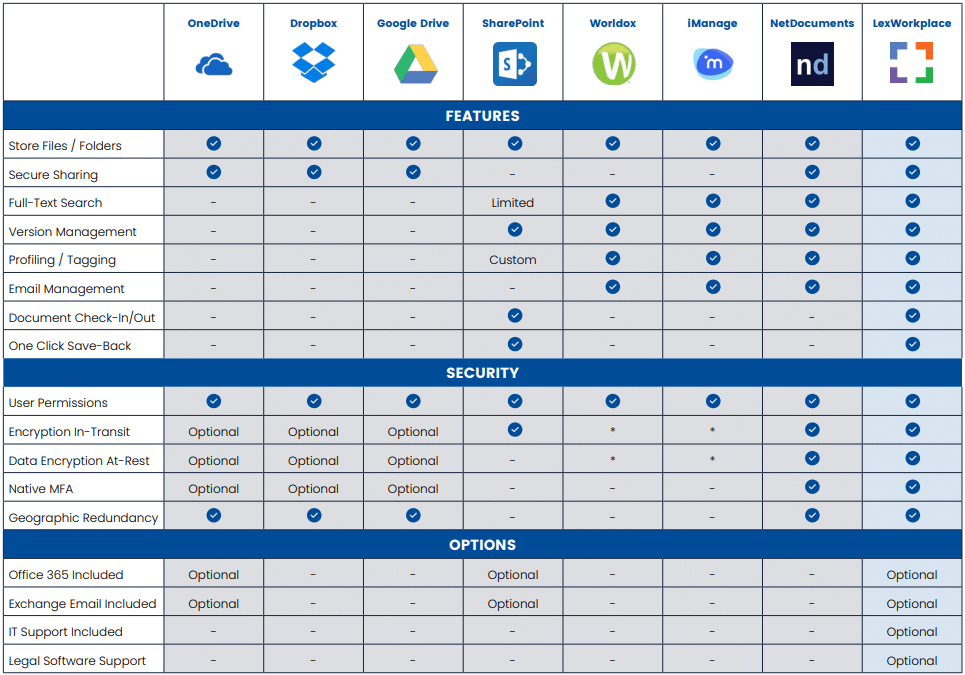
 As Worldox Phases Out, Consider LexWorkplace, like this Reviewer:
As Worldox Phases Out, Consider LexWorkplace, like this Reviewer: